Starting in fiscal year 2022, all entities — except nonprofit organizations in the scope of Topic 958, Not-for-Profit Entities, and employee benefit plans — must provide detailed disclosures about government assistance. Here are the details of the new rules.
Defining government assistance
The term “government assistance” may refer to perks and other incentives policymakers provide to lure large companies to establish a business in their states. The goal of these incentives is to drive economic growth by boosting jobs for residents. However, government assistance can take many forms because there are many types of governments, related entities and enterprises authorized by governments to administer assistance for them.
Examples of government assistance transactions include grants of assets, tax assistance, low-interest-rate loans, loan guarantees and forgiveness of liabilities. The COVID-19 pandemic significantly increased the number of entities receiving assistance and the level of government funding provided.
Following new rules
Accounting Standards Update (ASU) 2021-10, Government Assistance (Topic 832): Disclosures by Business Entities about Government Assistance, was finalized in November 2021. Previously, there were no explicit accounting rules for government incentives under U.S. Generally Accepted Accounting Principles (GAAP), leading to divergent practices.
The scope of ASU 2021-10 is limited to transactions accounted for by applying a grant or contribution accounting model by analogy. It specifically excludes transactions accounted for under other GAAP, such as:
Topic 450, Contingencies,
Topic 470, Debt,
Topic 740, Income Taxes,
and Topic 606, Revenue from Contracts with Customers (when the government is a customer).
For instance, the new rules don’t apply to Paycheck Protection Program loans provided under the CARES Act, if they’re accounted for under Topic 470, Debt.
Providing enhanced transparency
Under the new rules, the following details must be disclosed about government assistance transactions:
The nature of the transactions and accounting policies used. This includes a general description and whether the assistance was received in cash or other assets.
Financial statement effects. You must disclose all balance sheet and income statement line items where the transactions were recorded and the amount of each line item.
Significant terms and conditions of the transactions. Examples include 1) the agreement length, 2) amounts to be received each year and whether they are fixed or variable, 3) commitments made by the government and the entity, and 4) whether the government can recapture any of the amounts and under what conditions.
If any disclosures aren’t provided because of legal prohibitions on disclosing them, there should be a general description and indication of the legal restriction for the omitted disclosures.
We can help
The new rules are effective for annual periods beginning after December 15, 2021. But early application is permitted. Contact us for more information.
© 2022



